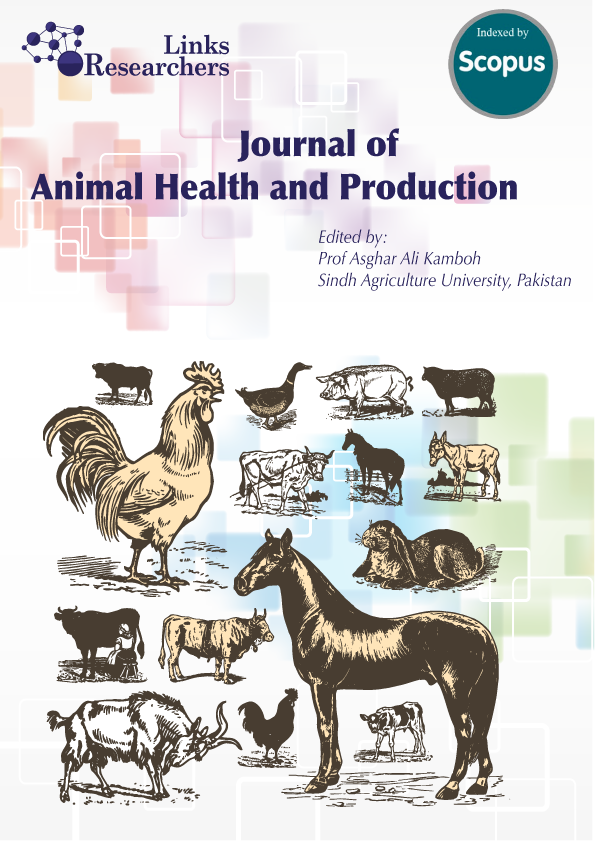Antibiotic Resistance and Adhesive Antigen of Escherichia coli Isolated from Pigs in Farm and Slaughterhouse in Hau Giang Province, Vietnam
Antibiotic Resistance and Adhesive Antigen of Escherichia coli Isolated from Pigs in Farm and Slaughterhouse in Hau Giang Province, Vietnam
Nguyen Khanh Thuan1*, Bui Thi Le Minh1, Ngo Van Thong1,2, Nguyen Ho Thanh Tuyen1, Nguyen Lam Truong1, Pham Minh Thien1
ABSTRACT
A total of 42 Escherichia coli (E. coli)-suspected fecal samples were collected from high density swine farms and slaughterhouse to ascertain positivity, examine antimicrobial susceptibility, prevalence of antibiotic-resistance genes, and adhesive antigens. The results of the antimicrobial susceptibility test using the disc diffusion method indicated that those E. coli strains isolated from pigs’ feces were significantly resistant to ampicillin (61.30%, 81.81%), followed by streptomycin (54.84%, 63.64%). However, those E. coli strains were still sensitive to some of the antibiotics, especially ofloxacin (100%). A total of 71.43% of E. coli strains depicted resistance against multiple antibiotics, and the resistant pattern of ampicillin and streptomycin was the most predominant. Detection and confirmation by PCR assay revealed that blaampC antibiotic-resistance gene was the most abundant resistant marker in the analyzed E. coli strains with 83.87% and 81.81% detection rate in the farm and slaughterhouse, respectively. However, mcr-1 gene was not detected in E. coli strains in the slaughterhouse. A total of 54.76% of E. coli strains isolated from fecal samples in the farm and the slaughterhouse harbored multiple antibiotic-resistance genes. Adhesive-antigen genes of E. coli strains were detected by PCR, and only F18 (23.81%) and F41 (21.43%) genes were found in those evaluated strains. These results indicated that E. coli strains isolated from fecal samples of pigs in the small-scale farm and slaughterhouse harbored diverse antibiotic-resistance and adhesive-antigen genes, causing threats to animal and human health.
To share on other social networks, click on any share button. What are these?






